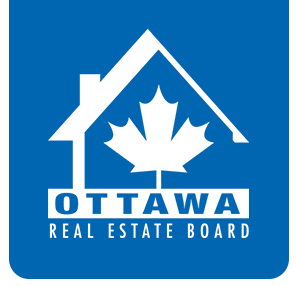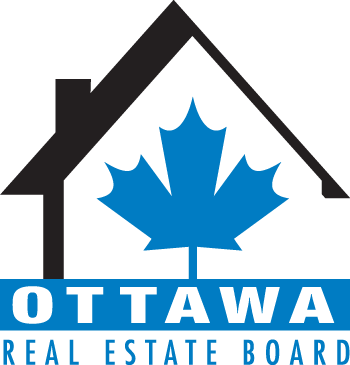Members of the Ottawa Real Estate Board sold 2,032 residential properties in April through the Board’s Multiple Listing Service® System, compared with 1,788 in April 2017, an increase of 13.6 per cent. The five-year average for April sales is 1,704. April’s sales included 416 in the condominium property class and 1,616 in the residential property class.
The average sale price of a residential-class property sold in April in the Ottawa area was $455,212, an increase of 4.2 per cent over April 2017. The average sale price for a condominium-class property was $269,294, an increase of 0.3 per cent from April 2017.*
“Full employment and reasonable house prices in proportion to incomes are fueling our market. Ottawa is not only a beautiful and dynamic capital but also one of the more affordable cities in Canada,” observes Ralph Shaw, Ottawa Real Estate Board President. “While prices and conditions do vary by area, the overall residential marketplace shows solid and steady performance on investment for homeowners, and offers a variety of property class options and price points for those looking to enter the market,” he advises.
“While sales were strong this month, certain areas in Ottawa continue to experience limited supply with both condo and residential inventory down 23.7% from the same month last year. With our low inventory, potential sellers are reluctant to put their home on the market if they are uncertain of their ability to acquire another property.”
“April’s colder than usual temperatures may have been one of the reasons potential sellers delayed listing their properties. However, there are other factors at play which are contributing to the lack of supply. Of course, the new mortgage stress test is affecting some homeowners who may no longer qualify to upsize their homes,” Shaw points out.
“Further compounding the issue within Ottawa proper is a restricted supply of serviceable land, and thus fewer new build opportunities. We need both the new build and resale inventory to be robust enough to meet demand on a consistent basis,” he explains.
“Moreover,” Shaw elaborates, “life adjustment sellers such as Boomers, lack suitable purchasing options due to urban engineering. Many of them do not want to live in downtown condominiums, preferring smaller homes with an attached garage and a decent sized yard where they can still host family BBQs and entertain. Our city council would benefit from the input of Ottawa’s long-serving REALTORS® who truly understand the variety of needs of local home buyers and sellers,” Shaw concludes.
In addition to residential and condominium sales, OREB Members assisted clients with renting 770 properties since the beginning of the year.
* The Board cautions that the average sale price can be useful in establishing trends over time but should not be used as an indicator that specific properties have increased or decreased in value. The calculation of the average sale price is based on the total dollar volume of all properties sold. Price and conditions will vary from neighbourhood to neighbourhood.


